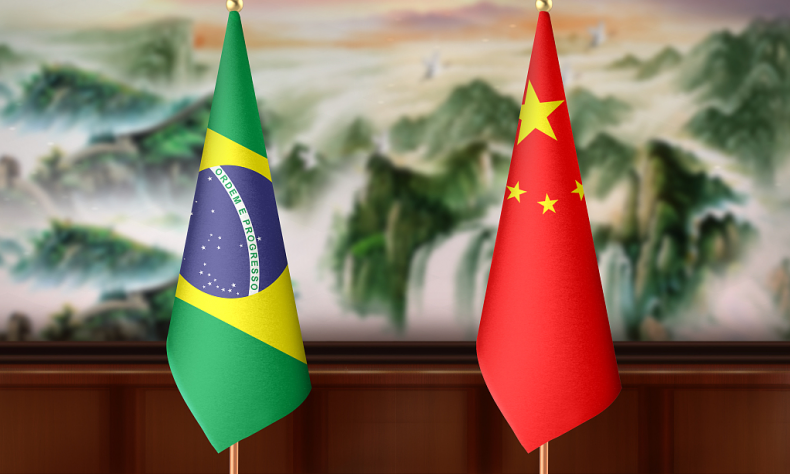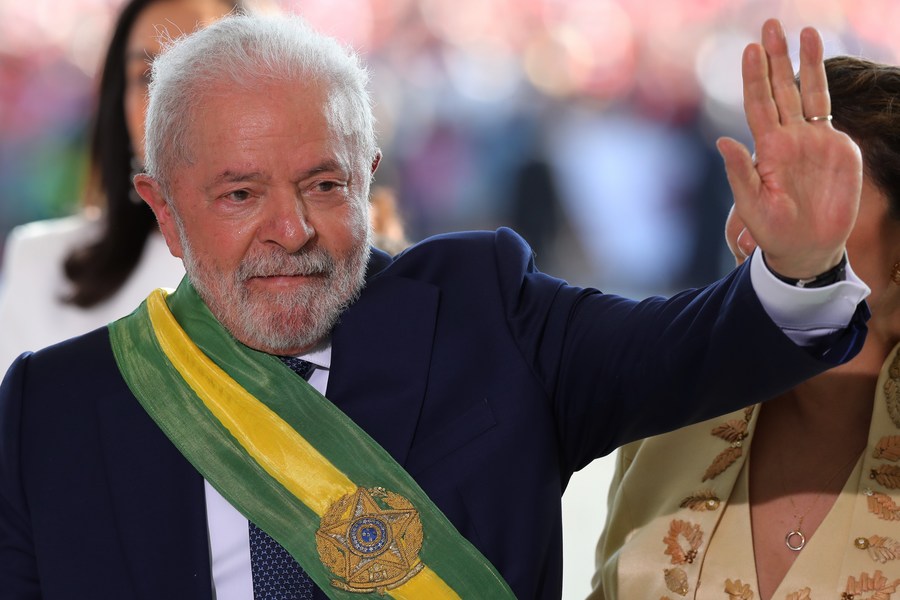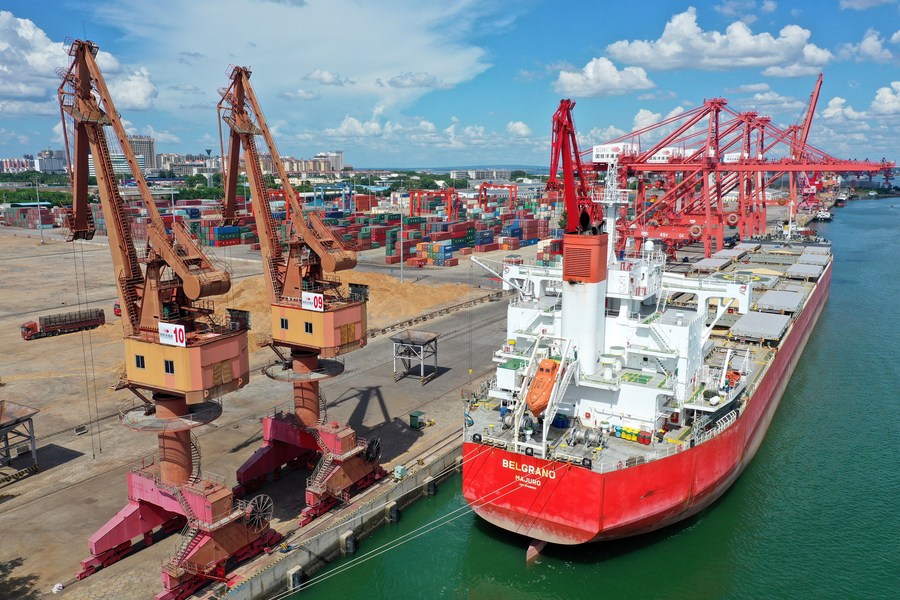Lula’s Visit to China and the Closer Sino-Brazilian Partnership

In an international political environment of growing tensions, the meeting of Presidents Lula and Xi Jinping in Beijing represents an effort focused on dialogue and South-South cooperation.
After postponing a planned visit to China due to illness last month, Brazilian President Luiz Inacio Lula da Silva embarks on the China trip this week accompanied by an extensive delegation, including Brazilian ministers, parliamentarians, and about 240 businessmen. Great expectations surround the high-level meeting of Presidents Lula and Xi Jinping due to the solid Sino-Brazilian cooperation over the past decades and the mutual interest in expanding political and economic ties. To predict the possible outcomes of this meeting, it is vital to observe Lula’s foreign policy’s last steps and the solid history of good relations between Brazil and China.
Since his sworn in January, Lula has made several initiatives to rebuild Brazilian foreign policy. While visiting Argentina, Brazil’s leading trading partner in South America, Lula signaled his intention to deepen the regional integration process in the subcontinent and even proposed the creation of a single currency for commercial transactions among MERCOSUR countries. In Uruguay, he mentioned the possibility of MERCOSUR advancing in commercial agreements with China. Another significant move was the resumption of diplomatic relations with Venezuela, which had broken off in 2019 during Jair Bolsonaro’s government.
In February, Lula’s visit to Washington and the talks with Joe Biden were marked by a friendly rapprochement between Brazil and the U.S. One of the main points of convergence focuses on the respective internal conflicts against the far-right wing movements and cooperation in global issues related to sustainable development, human rights, and environmental protection. However, disagreements between their views on international policy are apparent.

Brazil refuses to engage further in the Western powers’ sanctions on Russia’s special military operation in Ukraine and has even denied the German request to send tank ammunition to Ukraine. Nevertheless, it voted in favor of the resolution presented by Germany at the General Assembly of the United Nations, condemning Russia for its actions in Ukraine. This Brazilian position differed from the other members of the BRICS, who, except for Russia, chose to abstain from voting. On the other hand, the solid and long-lasting Sino-Brazilian ties inhibit any Brazilian adherence to the unfounded American criticism against China.
There are already more than 200 years since the first group of Chinese arrived in Brazil, and nowadays, the South American country is home to more than 200,000 Chinese. During this period, the Chinese community significantly contributed to Brazil’s development. The Sino-Brazilian relations have become even more relevant in recent decades due to the high-level political and strategic convergence between both countries.
Since the establishment of diplomatic relations in 1974, several joint initiatives have evolved in distinct fields. A bilateral agreement was signed in 1988 to develop the China-Brazil Earth Resources Satellite program, which has already concluded the launching of six satellites. The notable advances in Sino-Brazilian relations led to establishing of a Strategic Partnership in 1993, the first initiative with this nomenclature recognized by the Chinese government.
During the previous Brazilian governments of Lula (2003-2010) and Dilma (2011-2016), the joint achievements were even higher, establishing the Sino-Brazilian High-Level Commission for Consultation and Cooperation (COSBAN) and the China-Brazil Business Council (CBBC), and elevating the bilateral relations to the level of Global Strategic Partnership in 2012. Brazil and China collaborated to institutionalize both the commercial and the financial G20 and to create the BRICS and its New Development Bank.

Since 2009, China has become Brazil’s top trading partner, taking a position held by the U.S. since 1929. Brazilian exports to China in 2022 reached a record amount of $89 billion, including large amounts of products such as soy, iron ore, oil, cellulose, and meat. Brazil has also been the destination of about 47 percent of total Chinese direct investments in South America in the previous decade. The latest breakthrough of the bilateral trade is that Brazil and China agreed on March 31 to use their own currencies when settling financial transactions, ditching the U.S. dollar as an intermediary. The clearing arrangements will help the two emerging economies’ enterprises and financial institutions to use the RMB for cross-border trade, thereby facilitating bilateral trade and investment.
During the Covid-19 pandemic, the first Covid-19 vaccine produced in Brazil resulted from a partnership between the Butantan Institute and Sinovac, allowing millions of Brazilians to receive immunization against the coronavirus.
Last year, the Strategic Plan 2022-2031 between the Government of the Federative Republic of Brazil and the Government of the People’s Republic of China was approved, committed to ensuring reciprocal benefits derived from the Global Strategic Partnership. The expectation is that Lula’s visit to China will further expand these ties, with additional agreements covering several fields such as science and technology, industry, health, agriculture, education, and finance.
Brazil and China’s diplomatic traditions contain principles of independence and equality, peaceful resolution of conflicts, mutual respect for territorial integrity and sovereignty, and non-interference in other countries’ domestic affairs. In an international political environment of growing tensions, the meeting of Presidents Lula and Xi Jinping in Beijing represents an effort focused on dialogue and South-South cooperation. It should consolidate another essential step in constructing solid Sino-Brazilian relations and an equitable world order ruled by multipolarity, peace, and shared prosperity of nations.
The author is a Brazilian commentator of international relations and a Ph.D. candidate of Global Studies at Shanghai University.
The article reflects the author’s opinions, and not necessarily the views of China Focus.
 Facebook
Facebook
 Twitter
Twitter
 Linkedin
Linkedin
 Google +
Google +










